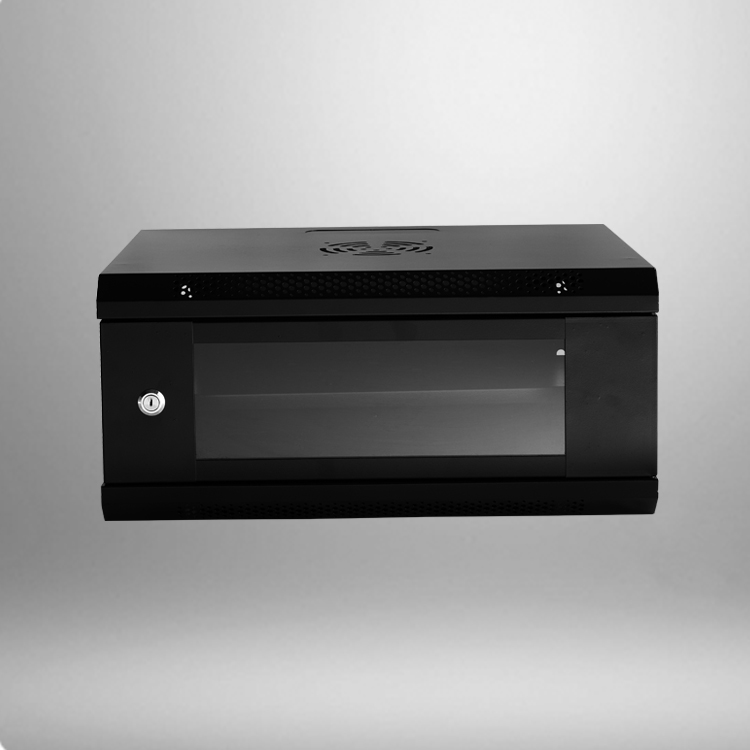Data center networks are critical infrastructure for businesses and organizations that rely on technology to store, process, and analyze large amounts of data. The physical equipment that powers these networks is housed in data center network cabinets, also known as server racks or cabinets. These cabinets have several unique characteristics that make them essential for supporting data center operations.
One defining feature of data center cabinets is their high-density design, which allows for maximum storage and processing capacity in a small footprint. These cabinets are typically designed to accommodate standard-sized servers, routers, switches, and other hardware components, and may also include specialized features such as cable management panels and cooling systems. This streamlined design helps data center operators optimize space usage while ensuring that critical network components remain accessible for maintenance and repairs.
Another important aspect of data center cabinets is their modular design. Many modern cabinets are designed with interchangeable components that can be easily swapped out or upgraded as technology changes or as business needs evolve. This modularity allows data center operators to be more agile with their infrastructure, making it easier to scale up or down as needed without requiring major retrofits or overhauls.
Data center cabinets are also designed with security in mind. These cabinets are typically equipped with locking doors and panels to prevent unauthorized access to sensitive data and network equipment. Additionally, many cabinets include sensors and alarms that can alert operators to potential security threats or environmental issues, such as overheating or power outages.
Given their high-density, modular, and secure design, data center cabinets are essential components of modern data center networks. These cabinets are used in a range of applications, from small business server rooms to large enterprise data centers. They are also used in a variety of industries, including healthcare, finance, e-commerce, and manufacturing.
In healthcare, for example, data center cabinets are used to store and process electronic medical records, as well as to support complex imaging and diagnostic equipment. In finance, data center cabinets are essential for ensuring the security and reliability of trading and transactional data. And in e-commerce, data center cabinets are used to support online storefronts and payment processing systems.
In conclusion, data center cabinets are a critical component of modern data center infrastructure. With their high-density, modular, and secure design, these cabinets help data center operators optimize space usage, be more agile with their infrastructure, and ensure the security and reliability of critical data and network equipment. As data center networks continue to play an increasingly important role in business operations, data center cabinets will continue to be an essential element of this critical infrastructure.



